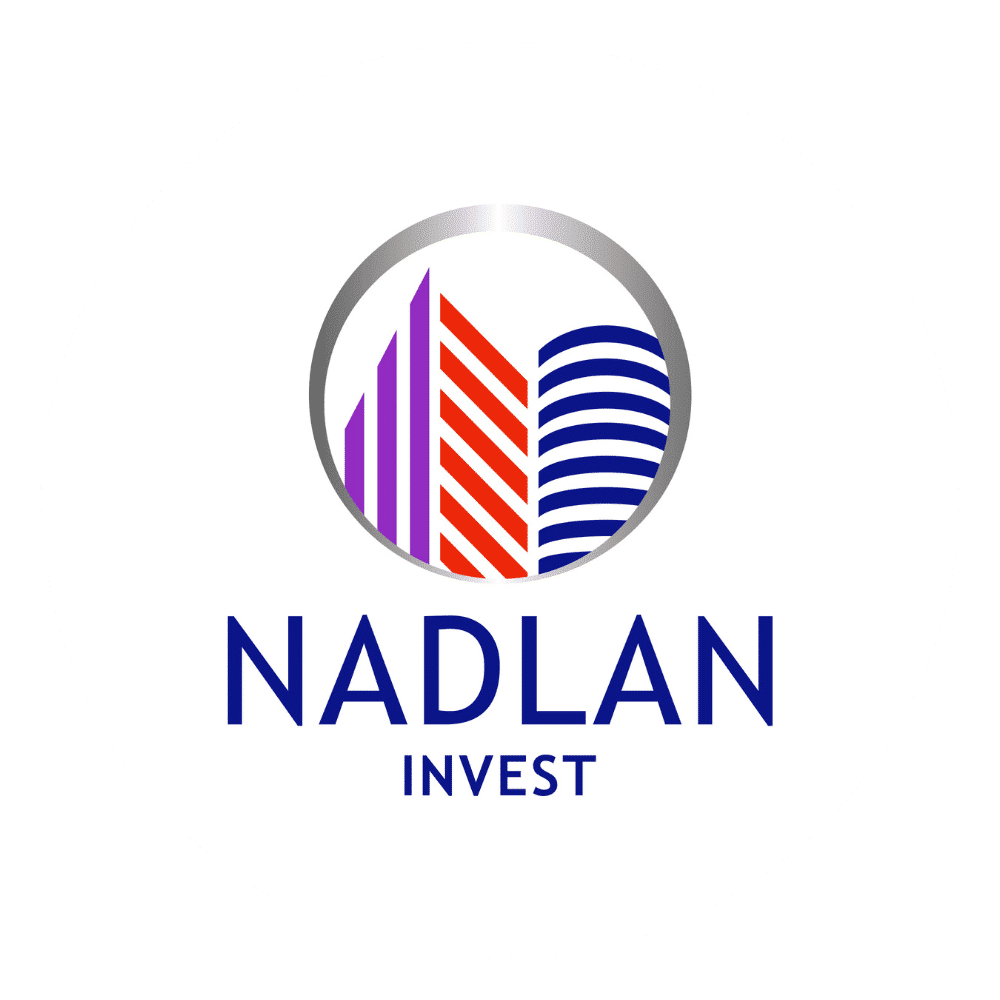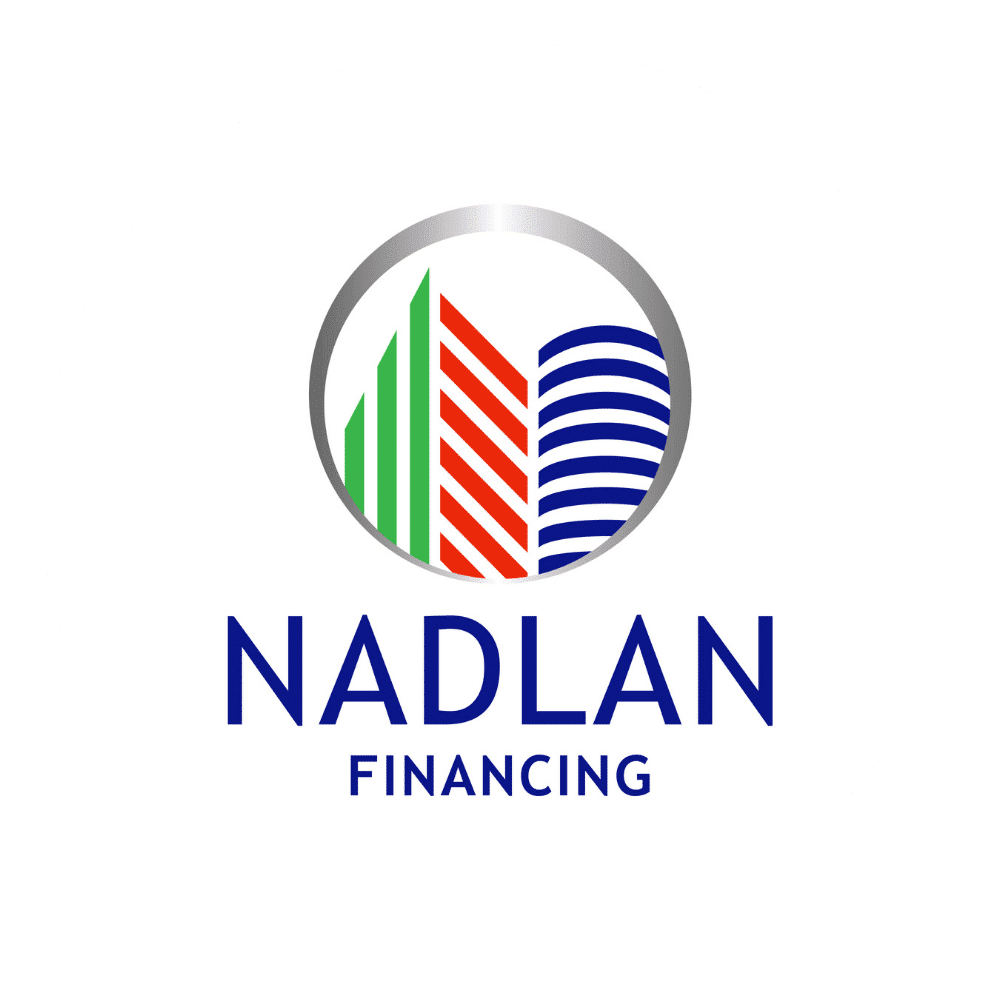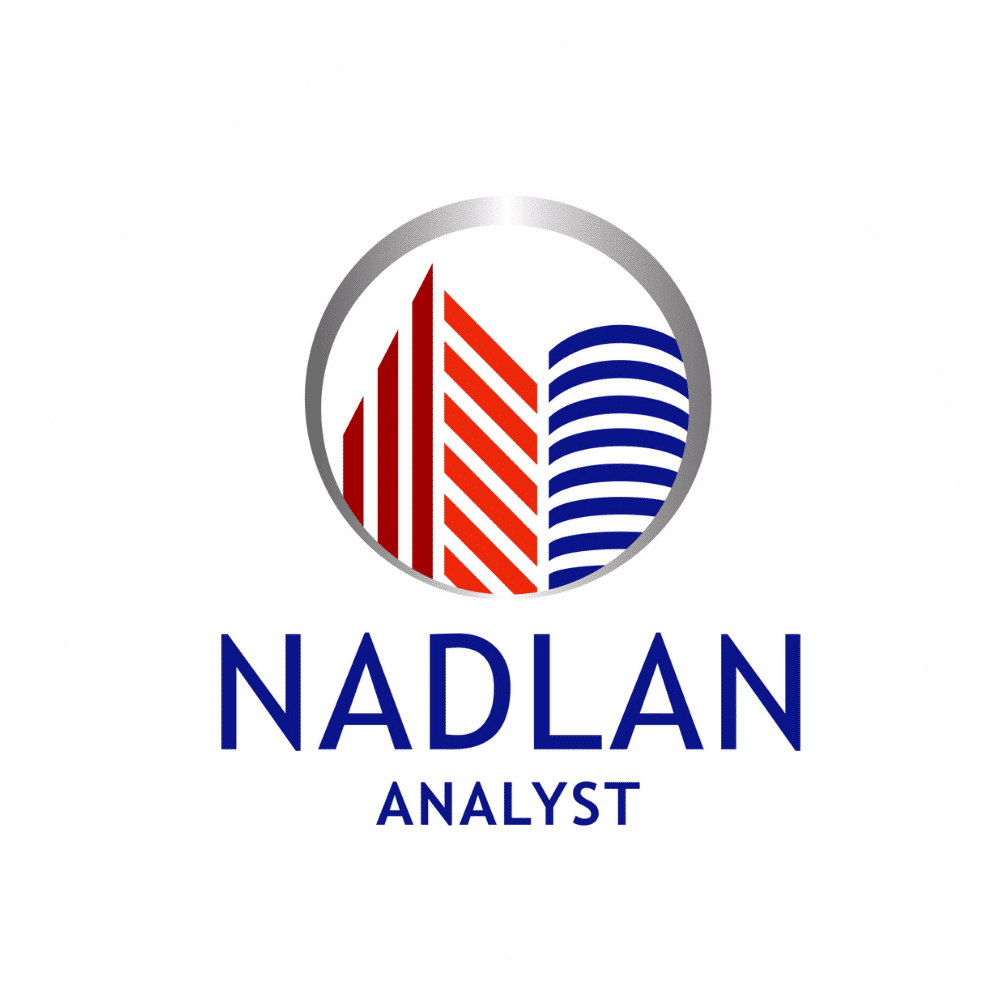Advantages of residential complexes during a crisis and the right way to manage multi-family complexes

Hello everyone. My name is Lior Lustig.
I have been investing in the real estate market in Israel and the USA since 2007 - I guess many know me as the founder and director of the "Real Estate Forum in the USA".
So what is the multifamily market?
150 billion dollars of multi-family properties were sold in 2017.
The multi-family market is the largest of the commercial property markets (compared to offices, commercial and industrial)
So what are the benefits of investing in multi?
A study carried out showed that in the last 25 years the multi market has brought investors the highest returns, compared to any other type of commercial property. The demand is constant and increasing and a very important advantage is that the volatility of this market is low. Since the leases are relatively short, more urgent rent increases can be made.
Additional advantages of Multi -
There is a low inventory of vacant multi-family properties and a constant demand that has resulted in an increase in rents. Compared to a single family where there is either rent or no rent, in the multi market even if 2 apartments out of the 12 are empty, rent still comes in.
What happens is that many who started to purchase a single family felt limited in how much they could scale up.
In the single market, the borrower is tested by his personal salary and therefore he reaches a glass ceiling at the height of the property he can purchase. If we assume that you are purchasing a property with 100 units - the bank does not look only at your salary regarding the repayment, the ability to make repairs to the property, but at the flow of the property itself - and this gives you a wide variety of options that we will talk about later.
Of course, the bank also checks your income and your real estate history and wants to make sure that you are not a risk to the property and that you have always taken care of repaying loans in the past - we will expand on this later on exactly what the bank is looking for, but the general focus changes with an emphasis on the property. You switch to a different underwriting.
Also, the effort involved in purchasing a property with, let's say, 3-4 doors is quite similar to a property with 40 doors, so why not go for a bigger deal that will generate more flow? At least that's my reasoning.
The deal is a bit more complex but the paperwork is still more or less the same so it makes sense to go for large projects.
The problems are:
A team is needed - no matter how talented you are to start such a project alone it is close to impossible simply because you don't have enough hours in the day so you need to form your own team or join a team that sets up such a project.
How to take a commercial loan?
Let's say you have a number of small properties of 4 units a block away from each other, you can ask the bank to refinance a loan called a Blanket Loan and transfer these properties to commercial financing with all its advantages.
There are currently 467 billion dollars in the market waiting for borrowers - from government-backed agencies such as Fraddie mac and Fannie Mae
Also, Multi has tax advantages in depreciation - 27.5 years instead of 39 years
Let's enter and learn briefly about several terms related to the field of the multi - cap rate, condos, etc.
"Net Operating Income - this is a calculation designed to examine real estate transactions that generate cash flow
You take all the rental income of the property, and subtract all the expenses - the time the property is empty, operating costs, etc. - more on that later.
CAP RATE
This is a way of examining real estate assets that is designed to compare different real estate assets - you take the Net Operating Income and divide by the value of the asset"
Let's see an example of Cap Rate
In the example in the video, the property generates $750 per month - multiplied by 12 for a whole year. You get 9000 dollars. All expenses are subtracted - management, repairs, taxes, insurance, etc., and you arrive at net income. We take the net income and divide by the value of the property - 40 thousand dollars, and we got the Cap Rate.
Unlike a condo, the owner of the co-op is a company. By purchasing such an apartment, you are not buying the property, but you are buying shares in the company. These shares give you the option to rent the property which is more like an investor relationship than a condo where you are the full owner of the property. The number of shares is the size of the apartment. The approval process in Ko Op is much more difficult because you have to go through and do it. Co-op has a monthly maintenance fee to cover building expenses. Co-ops often limit the possibility of renting the apartment.
Condominiums are much more similar in structure to the apartments we know in Israel. You are the full owner of the conference. As an apartment, you get a personal tax bill, not a relative one. The buyer receives the ownership in a so-called Deed. Here too there are maintenance payments but lower. The flexibility is much higher in selling and a big advantage is that in most cases the apartment can also be rented out.
Let's see the main differences between commercial and private property financing
So when is a mortgage considered residential and when is it commercial?
In the US, any property up to 4 units is still considered a residential property, and the bank will mainly look at your repayment capacity.
Any property that is over 5 doors is already considered commercial. So why do I like small multi properties of 8, 10, 12 units? It is easy to purchase them, and by purchasing them wisely, you can change the market of the area where you invest. After you have purchased let's say 70 doors, you can already use the same handy man to handle them all.
Mortgage Term
The time when the bank guarantees you the interest rate. Usually between 5 and 10 years in commercial properties. After that, the interest is reset according to the market situation every year. The loan must be renewed at the end of the period.
Amortization
The length of time in which the loan is reduced throughout its lifetime. This is when you will pay off the loan. A longer time will allow you a lower monthly payment, but you will pay more interest."
You can see that today's interest rates are still comfortable - although we are no longer in the 2-3 percent area, but the 5-6 percent area is also much lower than what we have seen before. In the 80's we were in the 18 percent area, and even then they made deals.
Let's now go over more competitive advantages of multi-family
In multi properties, the price per door will often be lower than a similar property that is not multi - a simple example - you have a house for 300 thousand dollars, and at that price you can get a duplex with two units each rented for 1500 - you have double rent and at the same price for the property.
Economies of scale
Why are companies like Amazon, Walmart, etc. so successful - because once you make big moves, you can negotiate better prices, and manage more effectively.
In multifamily properties, you can manage a hundred units for less money and time than buying and managing a hundred single properties. Relatively speaking, manpower, technology, materials and marketing costs are lower in Multi. As we said, the amount of work on a large property is almost the same as that of a small property, so why not go for a large property? You can have one handyman, one agent, and a property manager who lives in the complex.
Each property improvement improves all units
For example, we installed a new pool in the complex, all the units increased in value. Also, if I am allowed to rent more, I can stay the purpose of the building, for Dugmar to turn it into housing for adults, Section 8, high-tech workers, etc. - and that's how I changed the rents of the entire property.
How do you get out of the deal?
You can simply sell, you can add partners, refinances, etc.
The 50 percent rule
Usually half of the income will go to expenses.
So let's now get into real deal analysis
After I understood what a deal is I do a specific search - and I don't want to get a lot of properties in my output
Schedule - all income, total operating expenses, net operating income - income after expenses before taxes
Checks a clean mortgage, only with taxes and insurance, and then with all expenses
Each relevant property will enter the zip code, 4 different brokers to find the truth, and divide by neighborhood and also color by color. Adds a zip code according to the properties I receive.
The parameters I use
Water per unit, interest rate, vacancy, water use - on the tenants or on the owner, insurance, heating on who? Average tenant eviction per year, cost of re-renting the property.
Taxes - it is important to calculate the taxes after the purchase according to the city's mill rate.
check who pays for heating, Parking, pets, laundry, splitting meters, advertising, Storage places, Wifi, recycling, bicycles, payment on returned tzekim, drinking machines, renting common areas for parties - example of Ilan, renting an antenna on the roof, notice to the tenant 60 days before, pro-active repairs, installation of economical lamps, purchase of several properties in the same area For easier management, the bank divides price according to income
It is very important to build a team
Check before closing a deal - ask for the documents:
1. Expenses and revenues - Who pays each type of expense, how much does the management company charge for renewing contracts, additional income for the building? advertising?
2. Rent Rolls - The history of payments - how many evictions, how many tenants on contract and how many month to month, how many did not pay on time? How much money in deposits?
3. Taxes - This will tell us the truth about the conference!
It is very important to check these parameters with the management company:
1. How do they calculate their commission? What does the monthly payment include? Ask for a payment report for everything that is not included in the monthly payment.
2. What types of buildings do they specialize in? You can get several addresses that you manage - visit them, see how clean they are, and look like you are tenants if you wanted to live there.
3. How long have they been in this market and how many total units do they manage? At least 5 years for multi.
4. Do they provide a detailed report to tenants about your management?
5. Do they have a tenant retention plan? Changing tenants is expensive.
6. Do they have a marketing plan to attract new tenants?
7. How long does it take to prepare a housing unit for rent?
8. How long do they show apartments?
9. How do they screen tenants.
10. How long does it take for them to approve tenants and sign them?
11. What is the frequency of communication with the property owners?
12. Is the maintenance internal by them or external companies
13. Do they guide your managers? Is there a course they take?
14. Do I have a personal administrator who is responsible for my assets?
15. Do I have permissions to the account where the rents are entered?
16. Can I cancel the contract within 30 days?
17. Do you only manage or also sell? You should have the option to get out of the contract in case they don't perform as they should.
18. Why should I use your company? What do you offer that others don't?
19. Have you had a claim in the last 5 years?
20. You have customer references - take at least three and call them
It is important to ask:
Loan application documents, signed contract, leases and property taxes - 3 years back.
































Responses